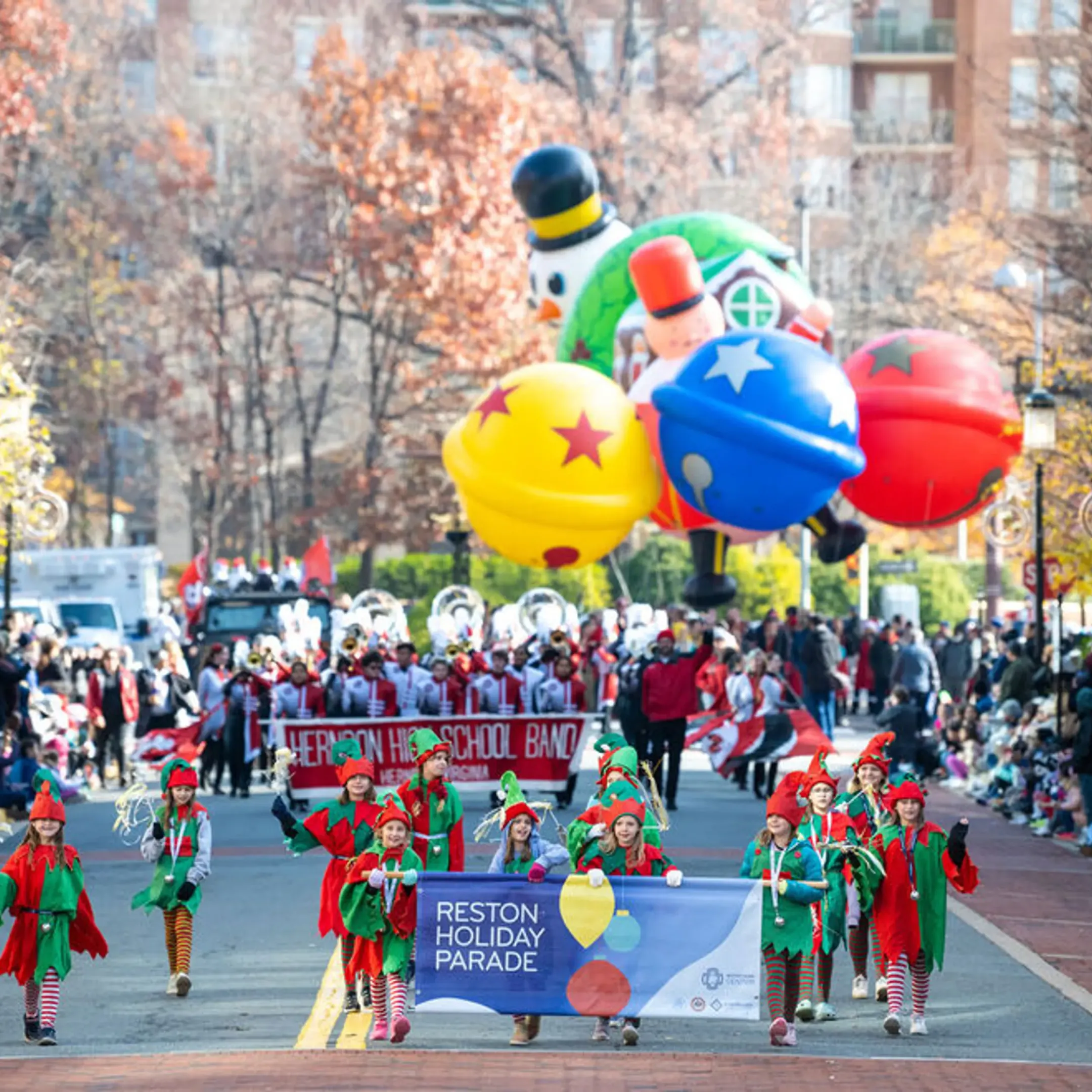President Donald Trump has proposed several new ideas for national celebrations, including a significant shift in how Americans observe military holidays. It may come as little surprise that the president, who did not serve in active-duty military service, would focus more on celebrating victory than honoring the veterans who contributed to that victory.
His recent social media posts this month included a suggestion to declare November 11 as “Victory Day,” which would replace Veterans Day, a holiday already established to honor those who served in the military. Trump’s suggestion of “Victory Day” for World War I does not take into account that Veterans Day, which already commemorates both the victory and sacrifice of military personnel, has been in place since its inception in 1919.
In addition to this idea, Trump has expressed interest in a military parade to celebrate the U.S. Army’s 250th birthday, an event that coincidentally falls on his birthday, June 14, which is also Flag Day. While Trump did not fully address the conflict of interest in having a parade on his own birthday, he claimed that his focus was on celebrating Flag Day rather than his personal milestone.
The president made it clear that he viewed this military parade as an important event to recognize the strength and accomplishments of the U.S. Army. However, his call for a military celebration raises concerns about the cost, with estimates indicating the parade could cost tens of millions of dollars.
The cost of such an extravagant display of military might also brings up the possibility of misallocating resources at a time when many Americans are concerned about economic priorities.
Similarly, Trump’s suggestion to celebrate Victory in World War II Day on May 8 is another point of contention. This date marks Germany’s surrender in Europe, but it is not the true conclusion of the conflict, as the U.S. continued fighting in the Pacific theater until August of that year.
On the surface, this idea seems harmless, but it suggests a disregard for the full scope of history, as the president’s focus seems to be more on glorifying victory rather than acknowledging the complex, ongoing sacrifices that led to that victory.
Trump’s suggestion for a new holiday, based solely on military triumph, echoes Victory Day in Russia, an observance that is controversial for those who do not want the U.S. government to be aligned with Russia’s state-driven nationalism.
Although Trump did not explicitly propose these celebrations as full federal holidays, his rhetoric has raised concerns that such holidays might evolve into more significant observances, particularly given the president’s growing interest in military displays.
The idea of replacing a holiday that honors veterans with one that celebrates victory is a notable departure from the original purpose of Veterans Day. First observed in 1919 by President Woodrow Wilson, the holiday was initially a solemn recognition of the armistice that ended World War I.
Wilson’s speech that year highlighted the heroism of those who died in service to the country, expressing gratitude for the victory while emphasizing the opportunity for America to contribute to peace and justice globally. In his 1923 address, Wilson warned against isolationism and encouraged America to take its place in the global community, a sentiment that resonates even today as Trump’s policies disrupt long-standing international agreements.
The president’s disregard for the historical context and significance of these holidays is troubling for many who believe that the nation’s remembrance of veterans should focus on their sacrifices, not just the victories they achieved.
President Dwight Eisenhower, who is most closely associated with shaping the post-World War II era, proclaimed that Armistice Day should be renamed Veterans Day to honor all those who served in the armed forces, not just those who fought in World War I.
In his proclamation, Eisenhower underscored the importance of remembering the sacrifices made by veterans on behalf of the nation’s freedom. His speech emphasized the importance of peace and stability, with a focus on ensuring that the sacrifices of those who fought in the wars were not in vain.
Eisenhower’s commitment to peace stood in stark contrast to the rhetoric of Trump, who has repeatedly glorified military might and suggested that a show of force would solve many of the world’s problems.
Trump’s attitude towards military power is evident in his public statements, where he frequently boasts about the capabilities of the U.S. military. “We have the greatest missiles in the world,” he told NBC News. “We have the greatest submarines in the world. We have the greatest army tanks in the world.
We have the greatest weapons in the world. And we’re going to celebrate it.” His emphasis on military strength, combined with his desire to showcase this power through parades and public displays, has raised alarms among critics who worry that his approach to military power is more focused on spectacle than on substance.
The concern is that Trump is more interested in using the military for nationalistic displays of strength than in engaging in the more nuanced diplomatic and strategic efforts required to maintain global peace.
While these ideas may resonate with Trump’s base, they have drawn criticism from a variety of sources, particularly those who see them as undermining the spirit of the holidays they seek to alter. Veterans Day, for example, has been a time for Americans to reflect on the sacrifices of military personnel and honor their service.
Replacing this solemn holiday with a celebration of military victory risks reducing the importance of these sacrifices in favor of self-congratulatory nationalism. The focus on victory rather than veterans is also troubling given the complexities of war and the ongoing challenges that veterans face, including mental health struggles, homelessness, and inadequate access to healthcare.
In a broader context, Trump’s proposed changes to American holidays seem to reflect his view of history, one that emphasizes military triumphs and national strength above the human cost of conflict. This approach is consistent with his broader worldview, which often prioritizes national pride over international cooperation and diplomacy.
It also speaks to a deeper issue within the Trump administration: the tendency to prioritize symbolic gestures over substantive policy that addresses the needs of everyday Americans. By focusing on military displays and celebratory holidays, Trump risks alienating many who believe that America’s true strength lies in its capacity to foster peace, support its veterans, and contribute to the global good.

Despite these concerns, Trump’s proposals have garnered significant attention, particularly as they tap into a populist, nationalist sentiment that has fueled much of his political career. Supporters argue that a focus on military power and American strength is necessary to restore the nation’s standing on the world stage.
They see Trump’s ideas as an attempt to reinvigorate national pride and remind the world of America’s dominance. However, for those who value the nuanced history of American holidays and the sacrifices of its military personnel, Trump’s proposals are seen as a troubling attempt to redefine national remembrance and sacrifice in ways that serve his political agenda rather than the nation’s historical legacy.
The debate over these proposed changes to American holidays is part of a larger conversation about the direction of the country under Trump’s leadership. As he continues to push forward with his vision of America, many are left to wonder whether his approach to holidays, veterans, and military power will ultimately reshape how the nation views its past and future.
Whether these changes will resonate with the American people or be rejected as part of his broader political agenda remains to be seen, but one thing is clear: Trump’s push for new celebrations of military victory is sure to continue to provoke debate and controversy as the country moves forward.


